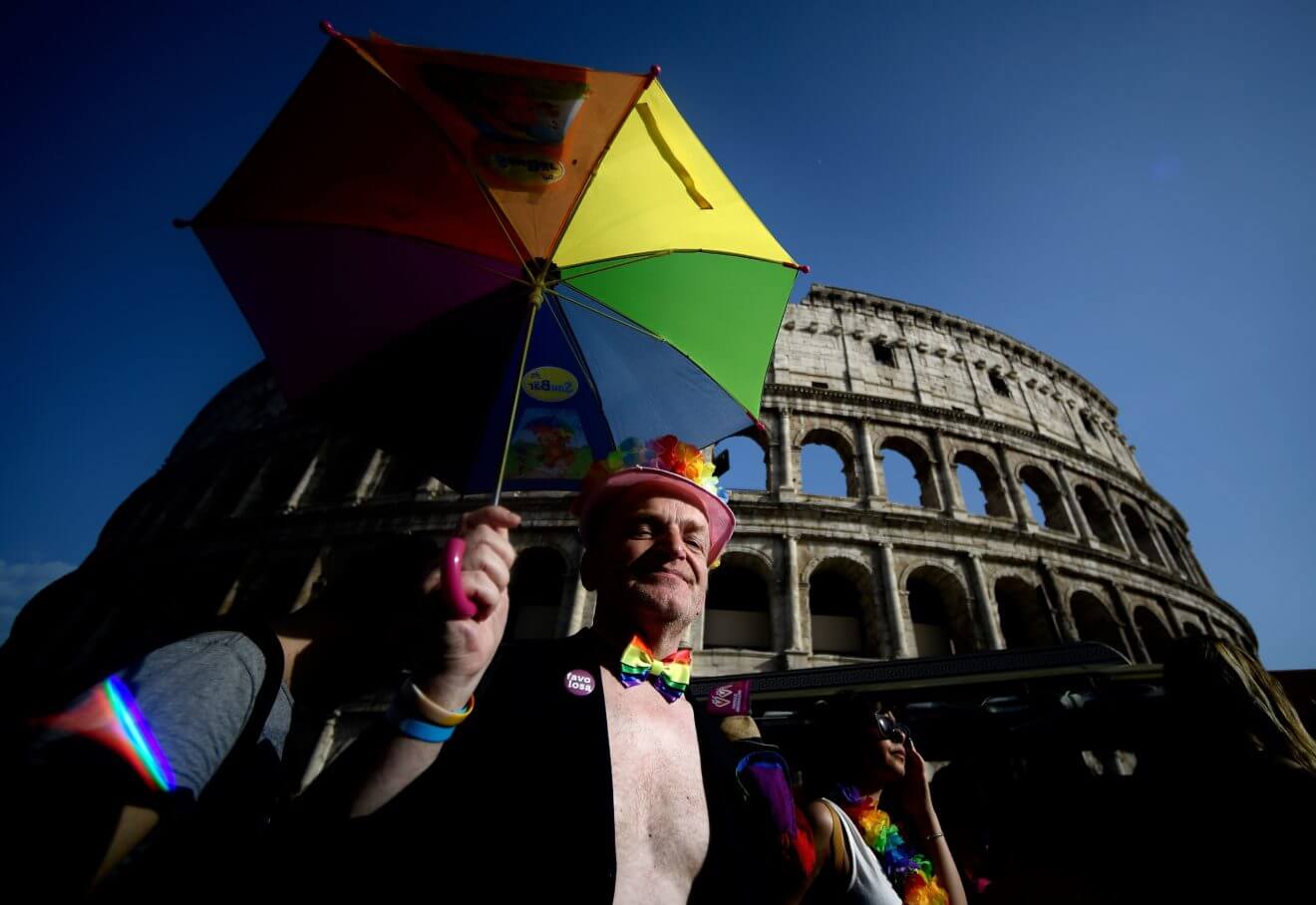On Wednesday, Italian Prime Minister (PM) Mario Draghi defended the country’s LGBTQ+ (Lesbian, Gay, Bisexual, Transgender and Queer) bill, also known as the Zan bill, after the Vatican lodged a diplomatic protest against the legislation, which criminalises hate speech and violence against the disabled and the LGBTQ+ community.
The Vatican believes that this bill, which denounces discriminations based on sex, gender identity, sexual orientation and sexual identity, would deprive the Catholic churches of their religious freedom.
While defending the bill, the PM said: “The law is a matter of Parliament. We are a secular state, not a religious state. The Parliament is free to discuss, obviously, and make laws.” He also reaffirmed his belief in Italy’s legislative process, which respects national and international commitments. The speaker of the lower house of the Parliament also condemned the Vatican’s intrusion into a sovereign state.
As reported by the Inquirer, Alessandro Zan, who introduced the bill, tweeted: “The text [of the law] does not restrict in any way freedom of expression or religious freedom.” He also condemned any foreign interference in a sovereign political process. Robert Mickens, a Rome-based editor, said, “They’re worried about being fined for hate speech."
On the contrary, Matteo Salvini, a far-right leader, hailed the Vatican’s decision. Besides right-wing politicians, Catholic groups and feminist groups have also opposed the legislation.
Named after a member of the Parliament, the bill was approved by the lower house last year. However, when introduced in the Senate (the upper house of the Parliament), it was opposed by the political right, citing restrictions on freedom of expression. The far-right felt threatened that the bill stands against Catholic teachings on gay marriage and adoption. It also requires the schools to incorporate gender theory into their curriculum and mandatory participation in a proposed National Day against homophobia, lesbophobia, biphobia, and transphobia.
The Vatican first raised its objections against the bill on June 17 in a formal diplomatic communication. As reported by Corriere Della Sera, the letter was delivered by the Vatican’s Secretary for Relations with States, Paul Gallagher, to Rome’s Embassy to the Holy See. It believes that the current law violates the 1929 Lateran Pact, which endowed the Vatican with freedom of religion and established it as a sovereign state.
A Vatican source, as reported by NBC, said, “The Vatican fears that the law as written could lead to the criminalisation of the Church in Italy for refusing to conduct gay marriages, for opposing adoption by homosexual couples through Catholic institutions, or for refusing to teach gender theory in Catholic schools.”
The Vatican has been cautious in supporting homosexuals and has condemned violence and discrimination against them. However, it doesn’t believe in a gender theory that blurs the line between men and women. Italy’s Catholic bishops have also been criticising the bill by saying that “A law that intends to combat discrimination cannot seek that objective through intolerance and by questioning the reality of the difference between men and women.”
Italy, which recognised same-sex civil unions in 2016, lags behind its European counterparts in enforcing legislation that criminalises hate speech and homophobia. The Vatican has for long used its soft power to dictate Italy’s policy on social issues. However, through this legislation, Draghi established independence and joined other members of the European Union in condemning anti-LGBTQ+ legislations.
Vatican Accused of Abusing Power to Influence Italy’s Policy on LGBTQ+ Rights
The Vatican has been accused of meddling in the internal affairs of a sovereign state by raising objections to Italy's law on LGBTQ+, which criminalises hate speech and violence against the community.
June 24, 2021

SOURCE: POLITICO
